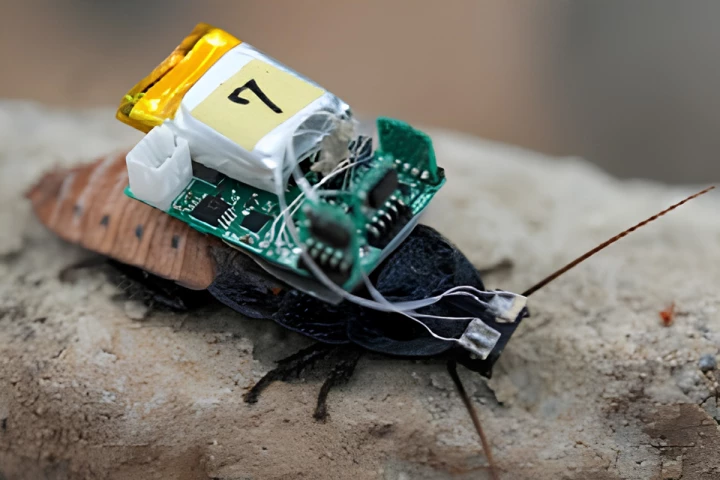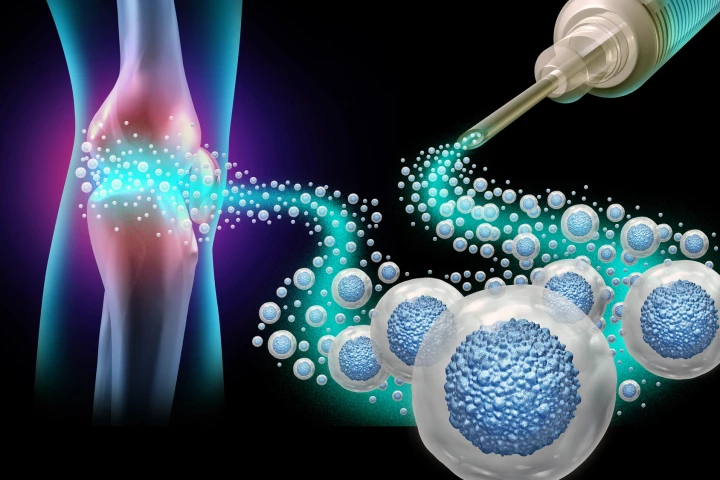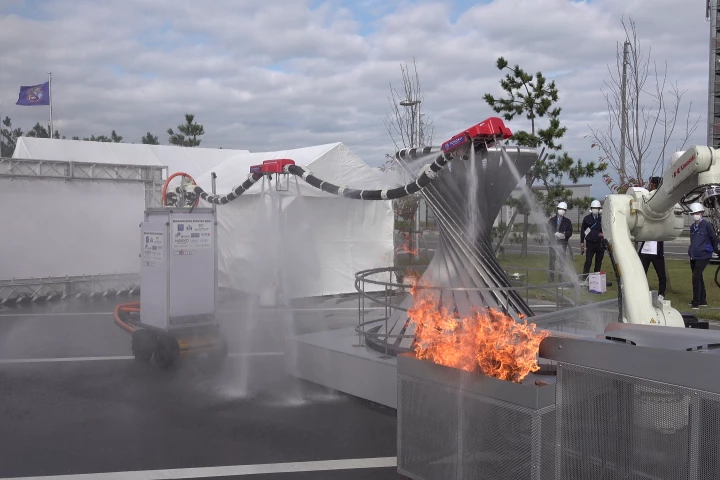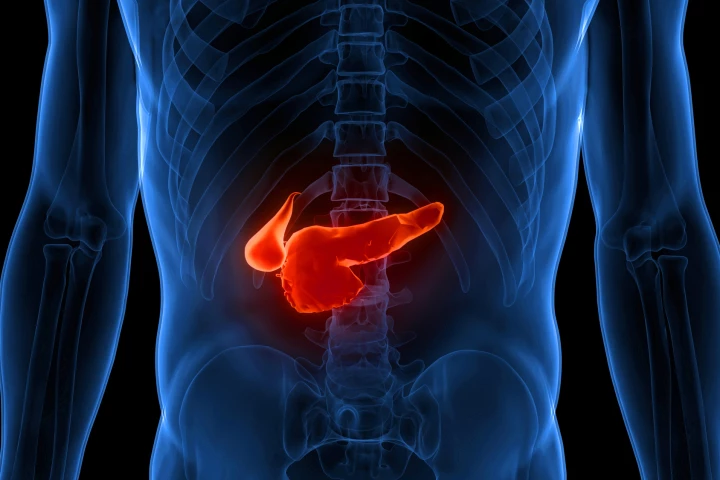Osaka University
-
A surprising finding from researchers in Japan has shown how an environmental factor can influence the development of sex organs in unborn mice. The discovery challenges the longstanding belief that sex is determined purely by genetic factors.
-
I bet that headline wasn't on your bingo card this week. Researchers at the University of Osaka have equipped cyborg insects with teeny tiny helmets to steer them around various environments, without the need for invasive surgery or internal wiring.
-
Injecting immune cells directly into damaged bone, muscle and skin significantly boosts healing, according to new research. The door is now open to developing a universal cell-based method of enhancing healing after an injury.
-
A change in shape to a particular structure of neurons was found to have a significant impact on obesity in rats. Researchers believe the finding will translate to humans and could help us fight our own middle-aged bulges one day.
-
Japanese researchers have created and open-sourced a flying firefighting hose that levitates and steers itself to fight fires using its own water pressure as a two-part propulsion system, spraying water down onto fires and keeping operators safe.
-
Researchers have used radioactive monoclonal antibodies to find and destroy a particularly lethal form of pancreatic cancer. The combination of diagnostics and therapeutics could lead to earlier detection and more effective treatment of the disease.
-
Researchers have discovered the fat-busting properties of a plant native to Hainan Island in China during studies with mice. The findings might shine light on a path to combating obesity and fatty liver disease in humans.
-
Once again, technology has been inspired by nature. After examining how centipedes traverse rough terrain, researchers created a multi-legged robot that mimics their curved, side-to-side movement, providing greater stability and maneuverability.
-
Swimmers who wore Speedo’s controversial LZR Racer suit at the 2008 Beijing Olympics broke 23 world records, proving that being more streamlined has advantages. A new study out of Japan has shown that the same theory applies to sperm.
-
Scientists have developed a new method of providing information on 3D-printed foods, by printing a QR code within the food itself. Doing so doesn't affect the taste or outward appearance of the food, nor does it require the use of any labels.
-
Type 1 diabetes can be a rare but serious side effect of a cancer treatment that use what are known as immune checkpoint inhibitors. In a new study in mice, researchers in Japan have shown that administering stem cell therapy could help prevent this.
-
Australian nuclear fusion company HB11 says its disruptive laser-powered reactor design has demonstrated results "many orders of magnitude higher than those reported by any other fusion company," without requiring multi-million degree temperatures.
Load More











